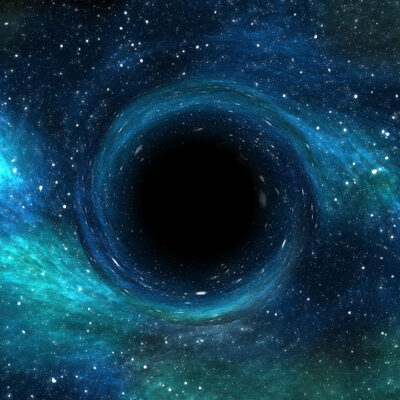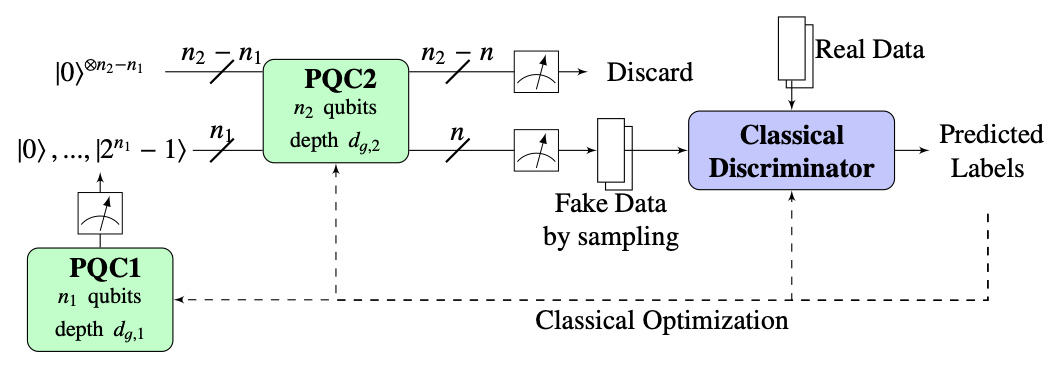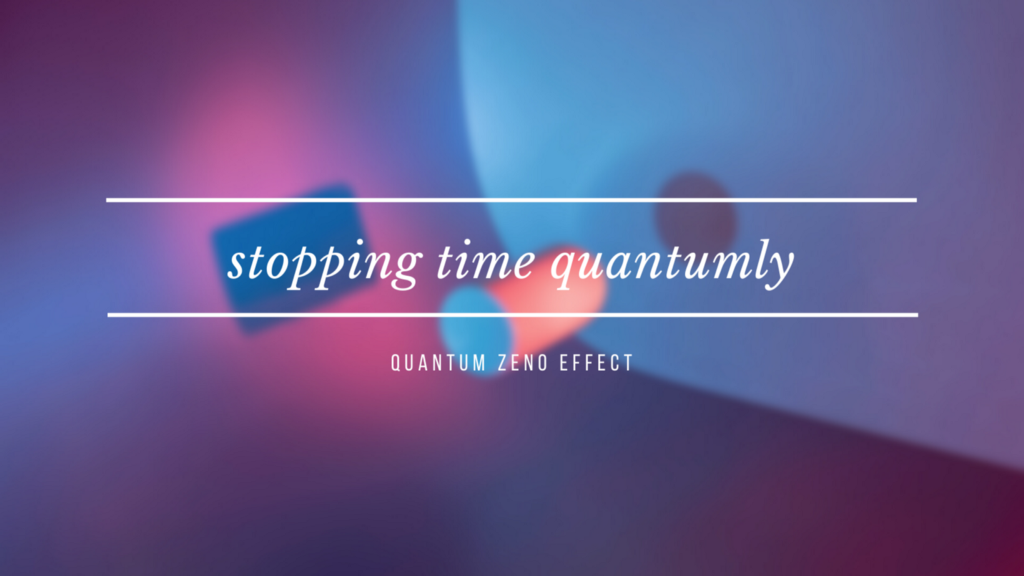Researchers at the Quantum Technology Hub have been awarded £29,000 from the UK Carbon Capture and Storage Research Centre (UKCCSRC) to further research into how quantum gravity sensors can contribute to detecting and monitoring the fate of CO2 injected into the subsurface – a vital capability for validating the safety of CCS applications.
The project, which will formally begin at the start of August and conclude after three months, will investigate how an existing portable cold atom gravity gradiometer could be used to monitor a planned injection of CO2 at the GeoEnergy Test Bed (GTB) a multi-sensor technology platform for CO2 monitoring research. It is planned that approximately five tonnes of CO2 will be injected into the Arden Sandstone Formation at a depth of 10-12 m below ground level over a period of weeks. The aim is to investigate how the CO2 will migrate towards the surface of the formation (which comprises layers of sandstone, siltstone and mudstone) and test technologies, including quantum gravity sensors, to detect and monitor this.
The project will be led by researchers at University of Birmingham (UoB) and British Geological Survey (BGS), and aims to build upon research undertaken in previous projects (see Gravity Pioneer Innovate UK: 104613). Both partners are uniquely suited to this project: UoB have built the UK’s first and only portable cold atom gravity gradiometer (as part of a Dstl-funded project titled Gravity Imager). BGS and the University of Nottingham founded the GTB and will work together to conduct the CO2 injection experiment. BGS will generate complementary sensor data, geophysical images, and ground models which will be made available to the project.
The UKCCSRC is funded by the Engineering and Physical Sciences Research Council (EPSRC), and hosted by the University of Sheffield in partnership with ten other UK academic partner institutions. Its strategic mission is to help ensure that CCS plays an effective role in reducing net CO2 emissions while securing affordable and controllable electricity supplies, providing low carbon heat and maintaining competitive industries for the UK.
Ten projects were funded to help the UK achieve its net zero GHG emission targets. Successful projects were awarded after a series of industry- and regulator-led workshops to identify gaps and explore where fast-track research projects could make the most impact. Following an assessment process with external reviewers, the final project selection was authorised by the UKCCSRC Board.
Dr Jamie Vovrosh (University of Birmingham)
Dr Paul Wilkinson (British Geological Survey)
The post Quantum Technology Hub researchers awarded funding for CCS monitoring research appeared first on Quantum Sensors.




